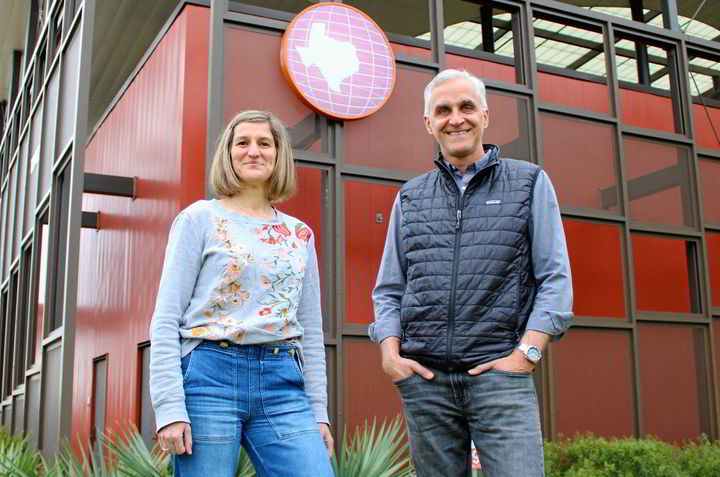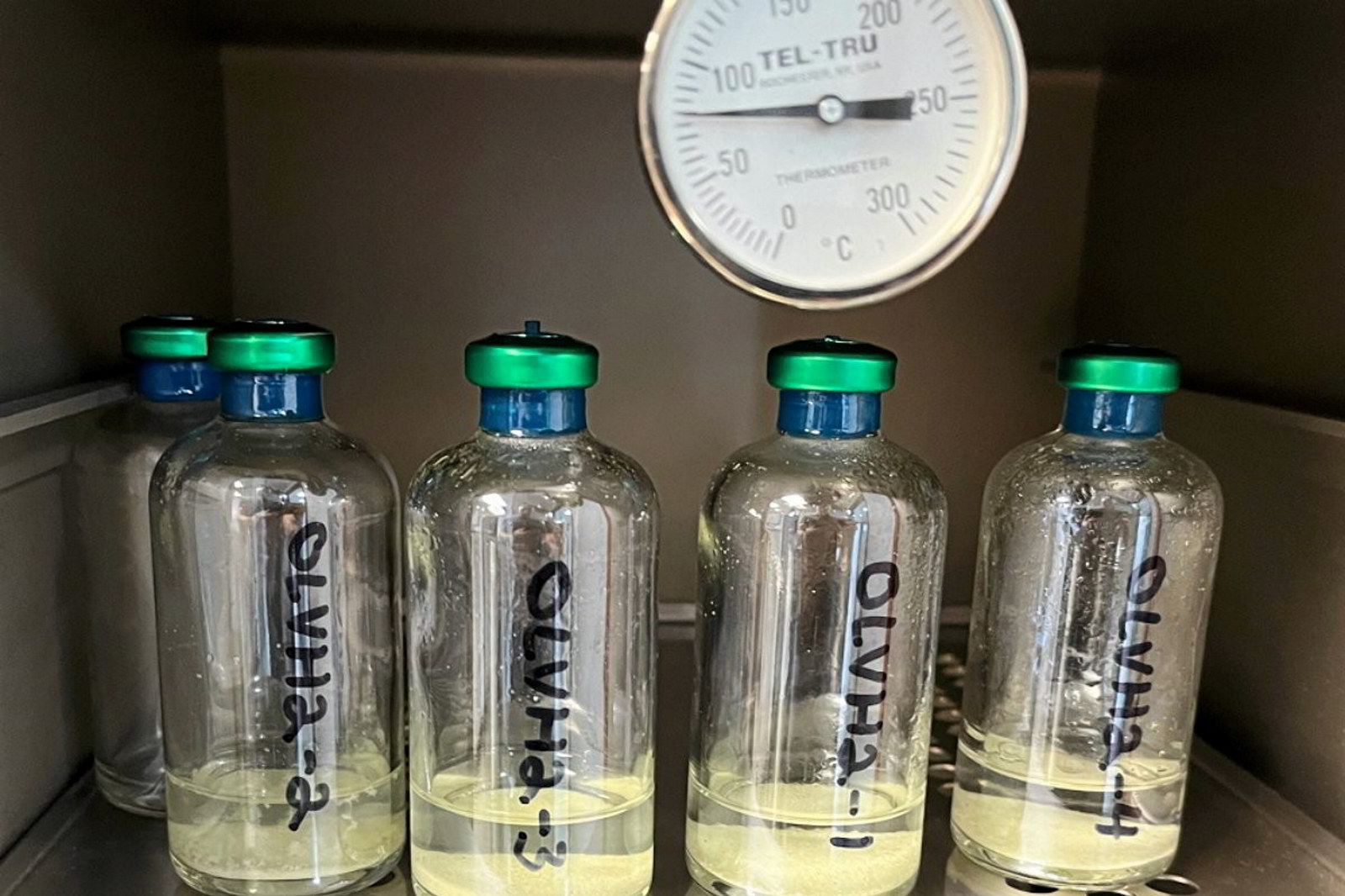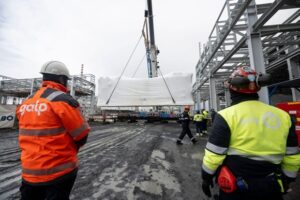‘Potential game changer’ | Texas scientists hope to artificially produce ‘geologic’ hydrogen from underground rock

A team of scientists at the University of Texas at Austin (UT Austin) is attempting to find a way of artificially replicating one of the naturally occurring processes that produces natural hydrogen underground, in a “project that could be a game changer for the energy transition”.
The team at the UT Jackson School of Geosciences’ Bureau of Economic Geology is exploring a suite of catalysts that could kick-start the natural geologic process of serpentinisation, in which iron-rich rocks release hydrogen as a by-product of chemical reactions at high temperatures.
“Natural accumulations of geologic hydrogen are being found all over the world, but in most cases they are small and not economical, although exploration continues,” said Esti Ukar, a research associate professor working on the project.
“If we could help generate larger volumes of hydrogen from these rocks by driving reactions that would take several million years to happen in nature, I think geologic hydrogen could really be a game changer.”
The UT Austin team — which recently received a $1.7m grant from the US Department of Energy’s Advanced Research Projects Agency – Energy (ARPA-E) — has “already conducted successful tests at the laboratory scale”, the university says.

“Serpentinization usually occurs at high temperatures,” it adds. “With natural catalysts that include nickel and other platinum group elements, the team is working to stimulate hydrogen production at lower temperatures and at depths easily accessible by today’s technology where iron-rich rocks are found throughout the world.
Article continues below the advert
“That means catalyst-enhanced production of hydrogen from iron-rich rocks has the potential to significantly increase hydrogen production globally.”
Project leader Toti Larson explained that this would offer “a major shift in the energy transition”.
“If we could replace hydrogen that is sourced from fossil fuels with hydrogen sourced from iron-rich rocks, it will be a huge win,” he said.
The team will investigate using the catalysts on a range of iron-rich rocks found across North America: mafic basalts in Iowa, banded iron formations in Wyoming and ultramafic rocks in the Midwest.
UT Austin was one of 11 projects into artificially produced geologic hydrogen that was awarded a total of almost $14m of grants by ARPA-E last month.
The serpentisation project is one of several hydrogen-related programmes at UT Austin’s Bureau of Economic Geology, which include research into the underground storage of H2 in salt caverns and aquifers







